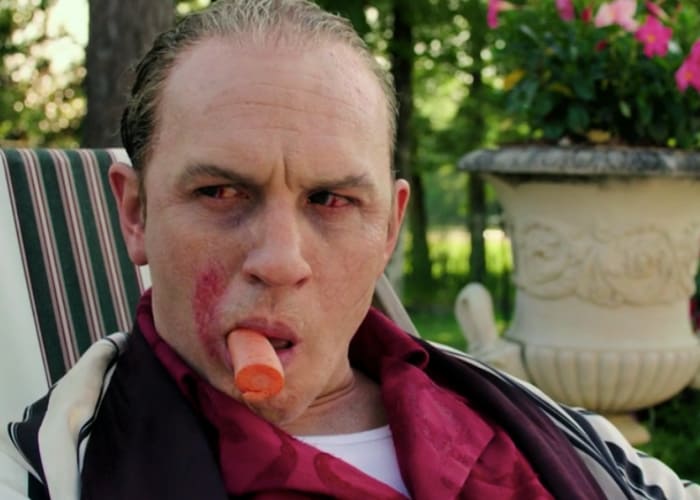
And it’s cool to see that he’s lined up just about every artist still making vital, remorseless, snarling street-rap at this late date. Even Rick Ross, the last street-rap star left standing, has a silk-robed good-life persona leagues removed from the grimy gold-teeth swamp-kingpin intensity that P radiated even when he was at his pop peak.

That type of rap - hard, unapologetic music about doing dirt - has largely fallen from grace most rap up-and-comers are now post-Kanye/Drake emotive-fashion-plate types. But with the new tape Al Capone, P is back to making the knucklehead rap music he once apologized to the nation for, and it sounds incredible. Career moves like these aren’t the sort of thing that indicate someone has any great rap music left in him.

Then there was the funny-sad Dancing With The Stars run, the role on his son’s Nickelodeon sitcom, the time he stood in front of Congress and apologized for making knucklehead rap music.
#SHOTTY CAPOGNE TV#
The moment he tried to turn Lil Romeo, his preteen son, into Lil Bow Wow (even giving Romeo an iced-out Bugs Bunny to match Bow Wow’s Mickey Mouse) might’ve been the beginning of the end, or maybe it was his run on WCW TV during the wrestling company’s waning days. And now that P has suddenly reemerged from years in the pop-cult wilderness, bringing a mixtape about a million times better than I could’ve expected, I’m realizing how badly I missed the big lug. P’s No Limit label gave a home to some excellent rappers (Mystikal, Mia X, Fiend, Young Bleed, eventually a very young Curren$y), and it eventually yielded one hell of a double-disc greatest hits album. The music from his Beats By The Pound production crew seemed dizzingly rudimentary at first, but it had its own logic and its own sort of hooks, and soon enough half the stuff on rap radio sounded something like it. P’s flow was always rocky and garbled, but he built No Limit Records into a sort of comic-book universe of platinum-plated tanks and insane Pen & Pixel album covers and du-rags worn with spotless white suits. It took a while, but eventually I got sucked in. P struck me as someone who could barely rap, whose image was so new-money baroque that it looked like parody, whose signature catchphrase was actually more of a grunt. And it was like: This is the same guy? Who made that shitty movie? He’s a star somehow? P was still a regional sensation at the time - his solid-gold-bathroom MTV Cribs stage still to come - but during his meteoric rise over the next year, I never quite lost that sense of confusion.

A couple of months later, I had a second “wait, what” moment while flipping through The Source at a Hallmark newsstand near my house and seeing a big spread on P, showing off his mansion and luxury-car fleet and foyer with floor-tiles in the shape of a dollar sign. It didn’t seem anything like a real movie, but all the guys I watched it with spent the whole rest of the summer quoting it at every available opportunity.
#SHOTTY CAPOGNE MOVIE#
I haven’t rewatched the movie since that night, but I remember being confused as hell that something this sloppy and bloody and plotless could exist. One of my co-workers put a VHS of I’m ‘Bout It, the archetypal rapper-made home-movie that helped make P a star. I remember mine vividly: One night in 1997, at the summer camp where I was working, after all the kids had gone down to sleep for the night. If you grew up in the ’90s, loving Wu-Tang or Cypress Hill or the Beatnuts or the Fugees, you probably had a “wait, what?” moment with Master P.


 0 kommentar(er)
0 kommentar(er)
